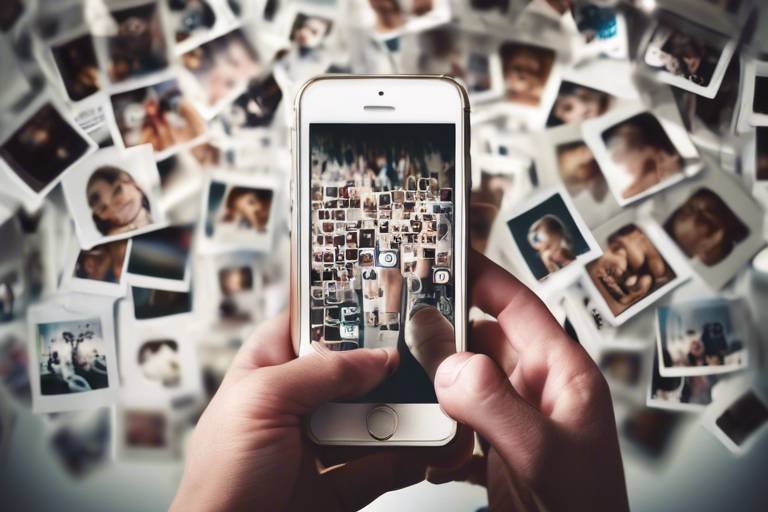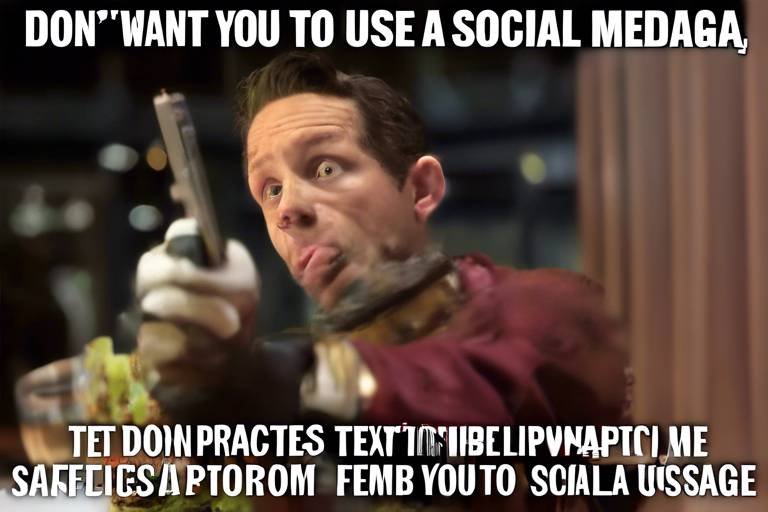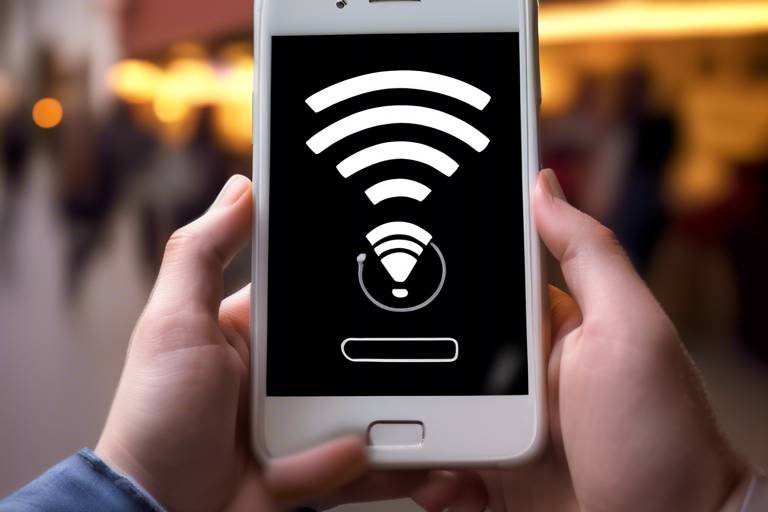Are You Sharing Too Much on Social Media?
In today's digital age, social media has become an integral part of our lives. We share our thoughts, experiences, and even our daily routines with friends and followers. But have you ever paused to think about whether you're sharing too much? It's easy to get caught up in the moment, posting every detail from your life as if it's a highlight reel. However, this habit can lead to serious implications for your personal safety, mental health, and privacy. Understanding the fine line between sharing and oversharing is crucial, especially when the online world can sometimes feel like a double-edged sword.
Many of us might think, "What's the harm in sharing a little more?" But the reality is that oversharing can expose you to various risks. Imagine posting your vacation plans online, only to return home to find your house has been ransacked. Or consider sharing personal struggles that could lead to unwanted attention or even cyberbullying. The internet is a vast space, and once something is shared, it can be challenging to take it back. In the blink of an eye, a simple post can spiral into a situation you never anticipated.
Moreover, the mental health implications of oversharing are significant. Research indicates that excessive sharing can lead to feelings of anxiety, depression, and inadequacy. When we constantly compare our lives to the curated images and stories of others, it can create a distorted perception of reality. The pressure to maintain a certain online persona can be overwhelming, leading to a vicious cycle of seeking validation through likes and comments. This is where the importance of mindful sharing comes into play. By being intentional about what we post, we can foster a healthier relationship with social media.
So, how do we navigate this complex landscape? First, it's essential to recognize the dangers of oversharing. Here are some key points to consider:
- Identity Theft: Sharing personal information can make you a target for identity theft.
- Stalking: Posting your location or daily activities can attract unwanted attention.
- Emotional Distress: Sharing too much can lead to feelings of vulnerability and anxiety.
In conclusion, while social media can be a fantastic tool for connection and expression, it's essential to be aware of the potential pitfalls of oversharing. By taking a step back and evaluating our online presence, we can create a more positive and secure digital experience. Remember, it's not just about what you share, but how it impacts your life and those around you.
1. What is considered oversharing on social media?
Oversharing can include posting excessive personal information, intimate details about your life, or sharing content that could put your safety or privacy at risk. It's about finding a balance between sharing and protecting your personal space.
2. How can I protect my privacy on social media?
Utilizing privacy settings, being selective about who you share with, and thinking critically about what you post can all help protect your privacy on social media.
3. What are the signs that I might be oversharing?
If you find yourself feeling anxious about what others think of your posts, constantly seeking validation through likes, or sharing details that make you uncomfortable, these could be signs of oversharing.
4. Can oversharing affect my mental health?
Yes, oversharing can lead to increased anxiety, depression, and feelings of inadequacy as you compare your life to others. It's essential to be mindful of how your online presence affects your mental well-being.
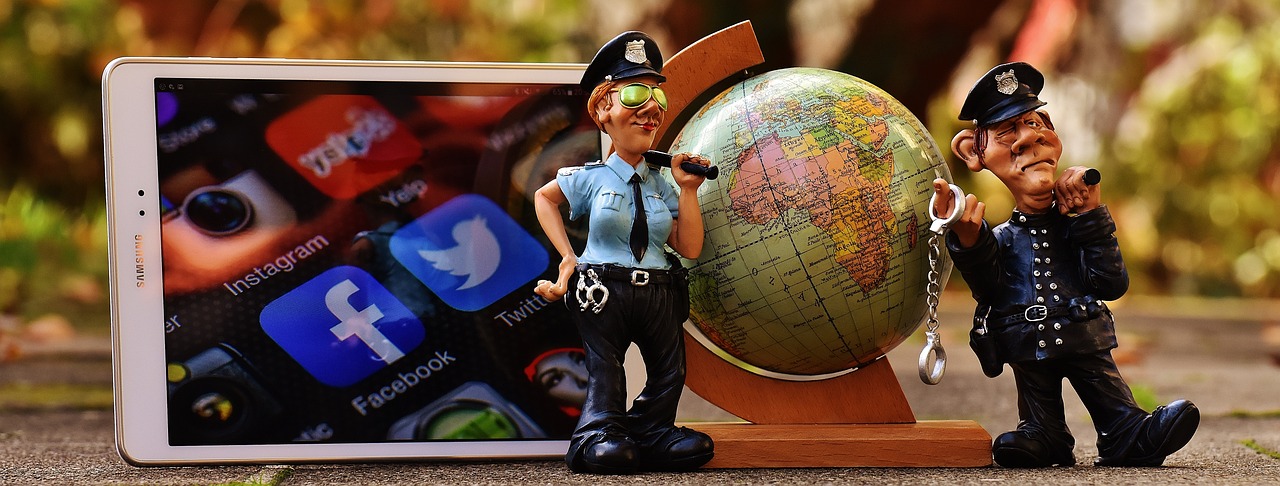
The Dangers of Oversharing
In today's digital landscape, where every moment can be captured and shared with just a few taps on our devices, the concept of oversharing has become a prevalent concern. While social media can foster connection and community, it can also expose us to significant risks. Imagine posting a seemingly innocent photo of your vacation, only to find out later that it has led to a break-in at your home. This is just one example of how oversharing can have dire consequences.
One of the most alarming dangers of oversharing is the risk of identity theft. When individuals post personal information such as their full name, address, or even their birth date, they inadvertently provide a treasure trove of data for cybercriminals. According to recent studies, nearly 40% of identity theft cases stem from information shared on social media platforms. This statistic highlights the need for users to be vigilant about what they disclose online.
Moreover, oversharing can also lead to stalking. When people share their locations or details about their daily routines, they may unknowingly invite unwanted attention. Stalkers often utilize social media to track their victims, making it crucial for users to consider the implications of their posts. A simple check-in at a restaurant or a post detailing a night out can provide a roadmap for someone with malicious intent.
Additionally, the emotional toll of oversharing should not be underestimated. Many individuals experience emotional distress when they share personal struggles or negative experiences online, only to receive backlash or judgment from others. This can lead to feelings of isolation or inadequacy, as users may feel that their problems are trivialized or misunderstood. It's essential to recognize that while sharing can be therapeutic, it can also open the door to negativity and unwanted scrutiny.
To further illustrate the dangers of oversharing, consider the following table that outlines the potential risks associated with different types of shared content:
| Type of Shared Content | Potential Risks |
|---|---|
| Personal Information (e.g., address, phone number) | Identity Theft, Scams |
| Location Check-ins | Stalking, Burglary |
| Emotional Struggles | Emotional Distress, Negative Feedback |
| Family and Friends' Information | Privacy Violations, Unwanted Attention |
In summary, while sharing our lives on social media can be fulfilling, it is crucial to remain aware of the potential dangers. By understanding the risks associated with oversharing, we can take proactive steps to protect ourselves and our loved ones. So, before you hit that 'share' button, ask yourself: Is this information truly necessary to share? What could be the possible consequences? Being mindful about what we post can make all the difference in ensuring our safety and well-being in the digital world.
- What is considered oversharing on social media? Oversharing typically refers to sharing too much personal information that could compromise your safety, privacy, or emotional well-being.
- How can I tell if I am oversharing? If you find yourself sharing details about your location, personal struggles, or sensitive information that could be used against you, you may be oversharing.
- What steps can I take to protect myself from oversharing? Consider setting boundaries for what you share, utilizing privacy settings, and always reflecting on the potential impact of your posts before sharing.

Impact on Mental Health
In today’s digital landscape, the impact of social media on our mental health is a hot topic of discussion. It’s fascinating to think about how a platform designed to connect us can sometimes leave us feeling isolated or inadequate. Have you ever scrolled through your feed and felt a twinge of envy at someone’s seemingly perfect life? You're not alone. Research indicates that excessive sharing can lead to mental health issues such as anxiety, depression, and feelings of inadequacy. This makes it essential for us to recognize these effects and take steps to foster a healthier online presence.
One of the most significant factors contributing to this mental health decline is the phenomenon of social comparison. When we see curated snapshots of others' lives—complete with filtered images and highlight reels—it's easy to fall into the trap of comparing ourselves to them. This comparison often leads to a distorted perception of reality, where we feel like we’re not measuring up. It's like trying to compare apples and oranges; everyone's life is unique, yet social media has a way of blurring those lines.
Moreover, the constant barrage of information can create a sense of pressure to keep up. Users may feel compelled to share more about their lives to stay relevant or to gain validation through likes and comments. This cycle can lead to a toxic environment, where self-worth becomes tied to online engagement. The more we share, the more we may feel the need to share, creating a vicious cycle that can be hard to break.
To combat these negative impacts, it's crucial to curate a positive feed. By selectively following accounts that inspire and uplift us, we can create a more positive social media experience. Think of it as gardening: you wouldn’t want to plant weeds in your garden, so why would you allow negative influences in your online space? A well-tended feed can mitigate the negative effects of social comparison and enhance overall well-being. Here are a few tips to help you cultivate a healthier digital environment:
- Follow accounts that promote positivity: Seek out content that inspires you, whether it’s motivational quotes, educational resources, or accounts that focus on mental health.
- Unfollow negativity: Don’t hesitate to unfollow or mute accounts that make you feel less than or trigger negative emotions.
- Engage mindfully: Spend time interacting with content that resonates with you, rather than mindlessly scrolling through your feed.
Another critical aspect of maintaining mental health in the age of social media is setting personal boundaries. Establishing what you’re comfortable sharing can be a game-changer. Before posting, consider your comfort levels and the potential repercussions of sharing personal information online. It’s essential to ask yourself questions like, “Is this something I want to share with everyone?” or “How might this affect me in the future?” Setting these boundaries protects not just your privacy but also your mental well-being.
In conclusion, while social media can be a fantastic tool for connection and expression, it’s essential to be aware of its potential impacts on mental health. By recognizing the dangers of social comparison, curating a positive feed, and setting personal boundaries, we can create a healthier relationship with social media. Remember, it’s not just about sharing; it’s about sharing mindfully.
- How can I tell if I'm oversharing on social media? If you often feel anxious or regretful after posting, or if you find yourself sharing personal information that makes you uncomfortable, you may be oversharing.
- What are some signs that social media is affecting my mental health? Symptoms might include increased anxiety, depression, feelings of inadequacy, or a compulsion to check notifications frequently.
- How can I create a positive social media experience? Follow uplifting accounts, engage in meaningful conversations, and take breaks from social media when needed.
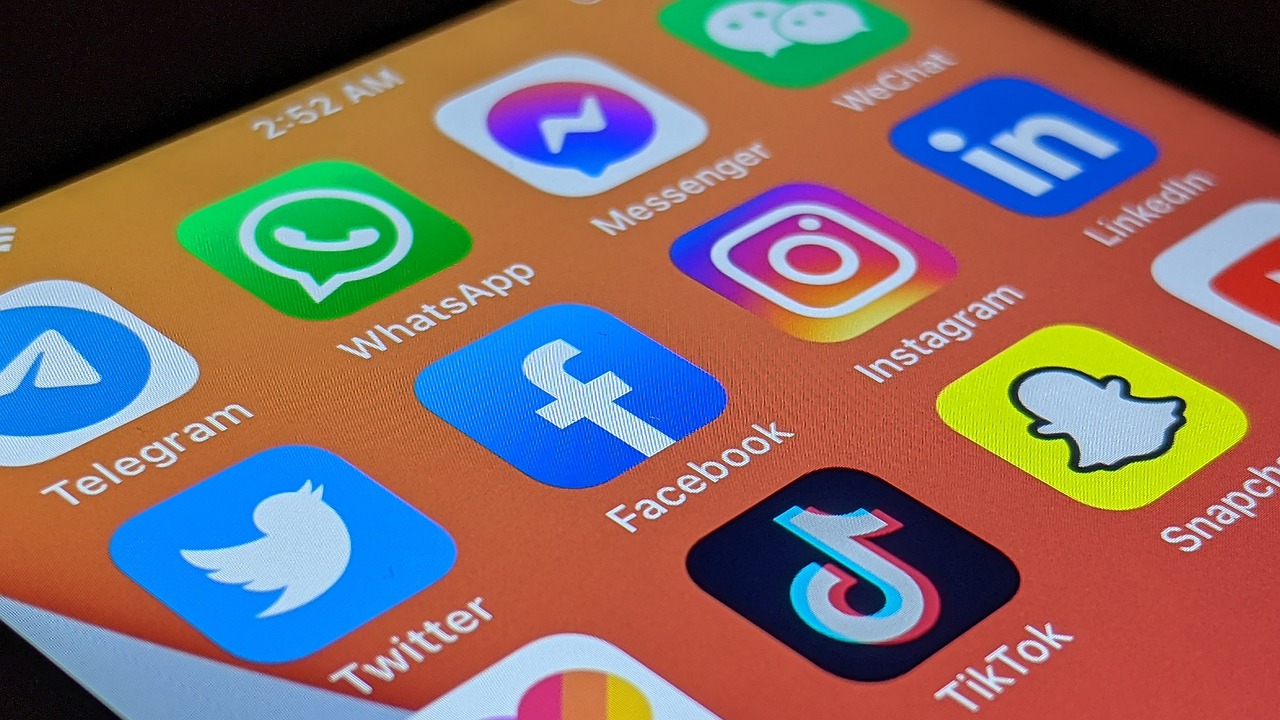
Social Comparison
In today's digital landscape, social media platforms are like a double-edged sword. On one side, they connect us with friends and family, allowing us to share our lives and experiences. On the other side, they can foster a toxic environment of . This phenomenon occurs when individuals measure their own worth against the curated lives of others, leading to feelings of inadequacy and low self-esteem. It's almost like walking into a room full of perfectly packaged gifts, and you can't help but feel that yours is the least impressive.
When scrolling through our feeds, we often encounter images and posts that showcase the best moments of others' lives. Whether it's a stunning vacation photo, a new car, or a promotion at work, these snapshots can create an illusion of perfection. But here's the kicker: what we see is often a highlight reel, not the full story. Many people tend to share only their successes, glossing over the struggles and challenges that come with them. This selective sharing can lead to a distorted perception of reality, making it easy to feel like we're falling short.
Research has shown that this constant comparison can have detrimental effects on mental health. A study published in the Journal of Social and Clinical Psychology found that individuals who frequently engage in social comparison are more likely to experience symptoms of anxiety and depression. It's like being on a never-ending treadmill, where you can never quite catch up to the finish line. The pressure to measure up can be overwhelming, causing us to question our self-worth and capabilities.
So, how can we combat the negative effects of social comparison? One effective strategy is to curate a positive feed. By selectively following accounts that inspire and uplift us, we can create an online environment that promotes well-being rather than feelings of inadequacy. For instance, consider following content creators who focus on body positivity, mental health awareness, or personal growth. This way, your feed becomes a source of motivation rather than a trigger for comparison.
Additionally, setting personal boundaries can play a crucial role in maintaining a healthy perspective. Before you post or engage with content, take a moment to evaluate your feelings. Ask yourself questions like: "Am I sharing this to inspire others or to seek validation?" or "How will this post affect my mood?" By being mindful of your intentions and the potential impact of your engagement, you can protect your mental health and foster a more positive online experience.
In conclusion, while social media can be a fantastic tool for connection and inspiration, it's essential to be aware of the pitfalls of social comparison. By curating a positive feed and setting personal boundaries, we can navigate the digital world more mindfully, ensuring that our online experiences enhance our lives rather than diminish our self-worth.
- What is social comparison? Social comparison is the act of evaluating oneself against others, often leading to feelings of inadequacy.
- How does social media contribute to social comparison? Social media often showcases curated highlights of people's lives, creating unrealistic standards and pressure to measure up.
- What can I do to reduce the impact of social comparison? Curate your social media feed by following accounts that inspire and uplift you, and set personal boundaries regarding your engagement.
- Are there any mental health effects of social comparison? Yes, frequent social comparison can lead to anxiety, depression, and low self-esteem.
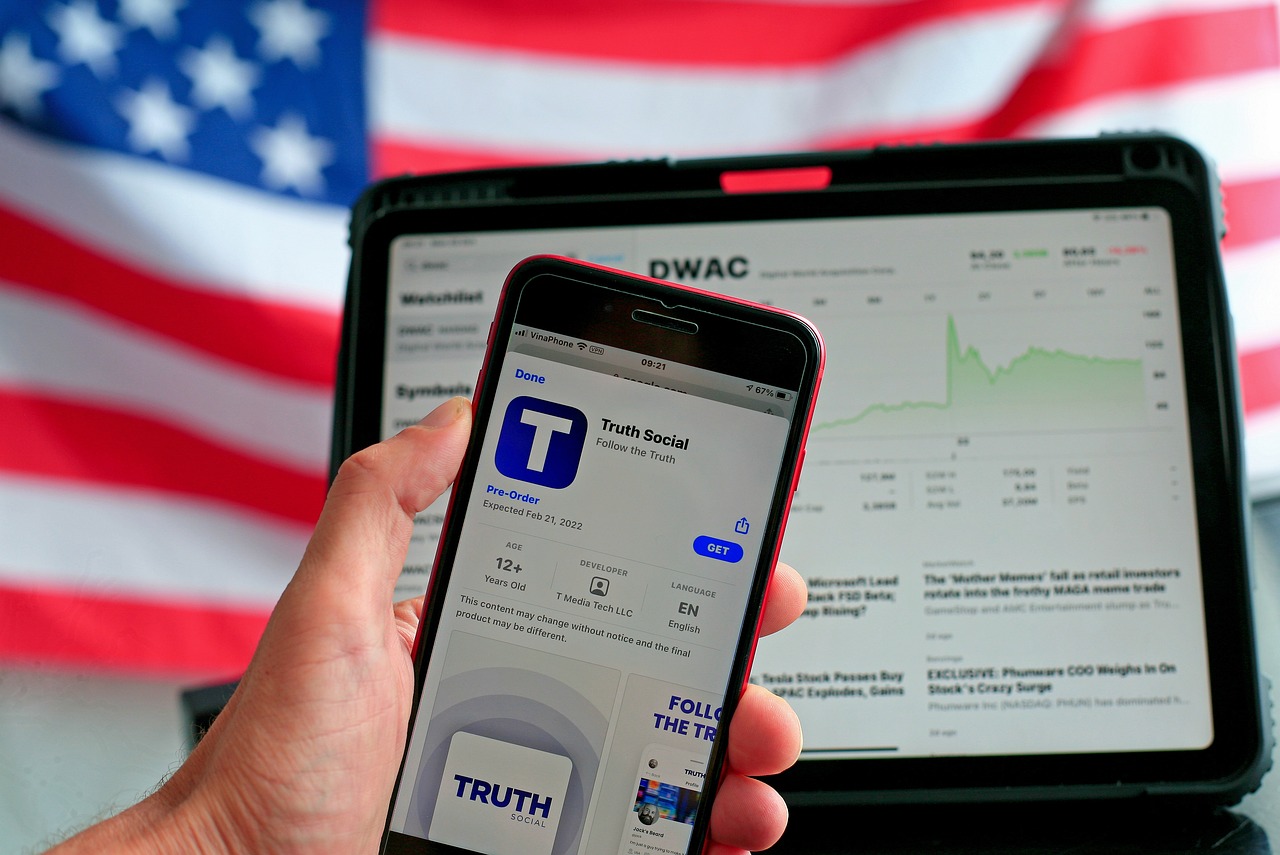
Curating a Positive Feed
In the ever-evolving landscape of social media, the content we consume can significantly shape our mindset and emotional well-being. Curating a positive feed is essential for creating an uplifting online environment that fosters joy and inspiration. Imagine your social media feed as a garden; if you only plant weeds, that’s all you’ll see. But by intentionally choosing to cultivate beautiful flowers—accounts that inspire, motivate, and uplift—you can transform your digital space into a sanctuary of positivity.
One of the first steps in this process is to actively evaluate the accounts you follow. Ask yourself: do they bring value to your life? Are they encouraging you to be the best version of yourself, or do they leave you feeling drained and inadequate? If you find that certain accounts consistently evoke feelings of negativity or self-doubt, it might be time to consider unfollowing them. Remember, it's your feed, and you have the power to curate it according to your preferences.
In addition to unfollowing negative influences, seek out accounts that resonate with your interests and passions. Whether it’s artists, motivational speakers, or wellness advocates, follow those who spark joy and curiosity. For instance:
- Inspirational Quotes: Accounts that share daily affirmations can uplift your spirits and remind you of your strengths.
- Creative Content: Artists and creators who share their work can ignite your creativity and inspire you to pursue your own passions.
- Wellness and Mindfulness: Following experts in mental health and wellness can provide valuable tips and strategies for maintaining a positive mindset.
Moreover, engaging with the content you love can further enhance your experience. Like, comment, and share posts that resonate with you. This not only supports the creators but also helps you connect with a community of like-minded individuals who share your values and interests. Remember, the more you interact with positive content, the more of it will appear in your feed, thanks to the algorithms that power social media platforms.
Finally, take a step back and assess your own contributions to the social media landscape. Are you sharing content that uplifts others? By being mindful of what you post, you can also cultivate a positive environment for your followers. Share your victories, your learning experiences, and your moments of joy. This not only enriches your own feed but also encourages others to do the same, creating a ripple effect of positivity.
Q: How can I identify negative accounts on my feed?
A: Pay attention to how you feel after interacting with certain accounts. If you often feel drained, anxious, or inadequate, it may be a sign that those accounts are negatively impacting your mental health.
Q: What types of accounts should I follow to create a positive feed?
A: Look for accounts that inspire you, such as artists, motivational speakers, wellness experts, or those who share uplifting content like quotes and success stories.
Q: How often should I reassess the accounts I follow?
A: It’s beneficial to reassess your feed regularly, perhaps every few months, to ensure that the content you consume continues to align with your values and interests.
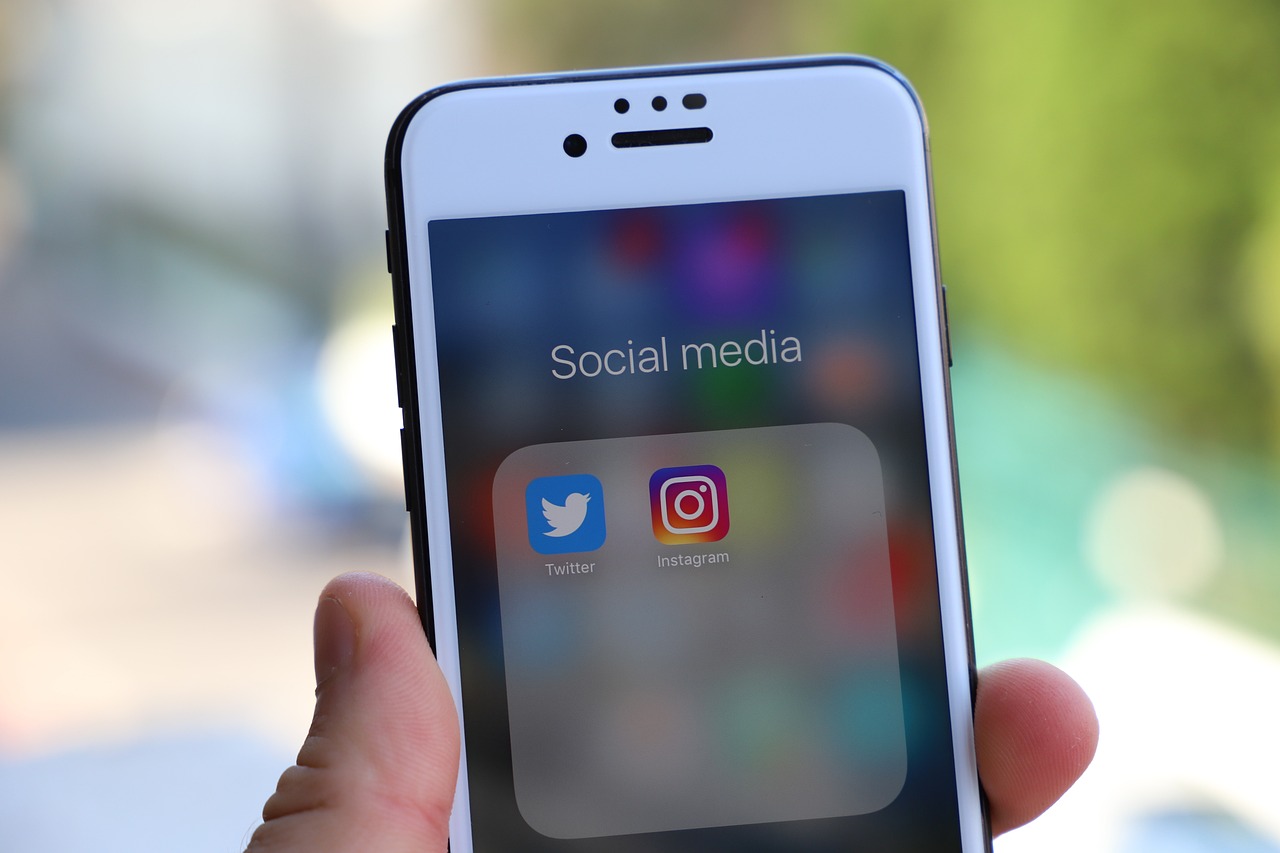
Setting Boundaries
In today's hyper-connected world, setting boundaries on social media isn't just a good idea; it's a necessity. Think of your online presence like your personal space. Just as you wouldn’t invite strangers into your home or share your deepest secrets with acquaintances, it’s crucial to establish what you’re comfortable sharing online. Boundaries help protect your mental health, privacy, and overall well-being.
One effective way to start is by identifying your comfort levels with various types of content. Ask yourself questions like: What personal information am I okay with sharing? Are there certain topics that are off-limits? By clarifying these points, you can create a mental checklist that guides your posting behavior. For example, you might decide that sharing your location is a no-go, while sharing a funny meme is perfectly fine.
Additionally, it’s vital to consider the potential repercussions of your posts. Oversharing can lead to unintended consequences, such as unwanted attention or even harassment. To help visualize this, consider creating a simple table to weigh the pros and cons of what you plan to share:
| Content Type | Pros | Cons |
|---|---|---|
| Personal Stories | Can foster connections | May attract unwanted attention |
| Location Check-ins | Fun to share experiences | Risks personal safety |
| Emotional Updates | Encourages support | Can lead to vulnerability |
Moreover, it's essential to communicate your boundaries with your friends and followers. Let them know what you’re comfortable with and what you'd prefer to keep private. This way, you set the tone for how others interact with you online. You might even find that your friends appreciate your honesty and are more respectful of your space.
Finally, remember that boundaries aren’t set in stone. As you grow and change, so too can your comfort levels. Regularly reassess your sharing practices and adjust your boundaries as needed. This flexibility is key to maintaining a healthy relationship with social media. After all, it should be a tool for connection, not a source of stress.
- What are social media boundaries? Social media boundaries are guidelines you set for yourself regarding what you share online, who you share it with, and how you interact with others.
- Why is it important to set boundaries on social media? Setting boundaries helps protect your privacy, mental health, and personal safety. It allows you to control your online presence and interactions.
- How can I communicate my boundaries to others? You can communicate your boundaries by directly discussing them with friends or followers, or by adjusting your privacy settings to reflect your preferences.
- Can my boundaries change over time? Yes! Your comfort levels may evolve, so it’s important to regularly reassess and adjust your boundaries as needed.
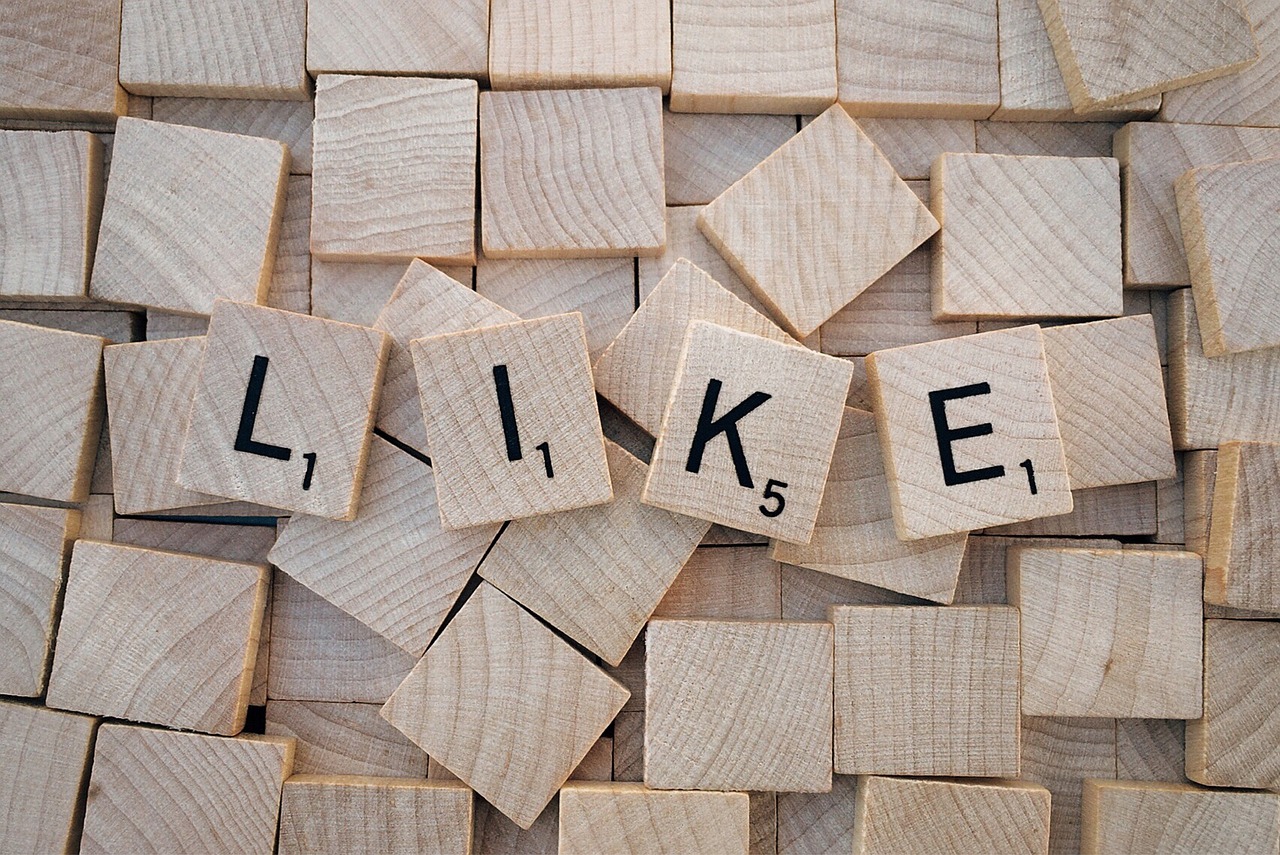
Privacy Concerns
In today's digital landscape, have become a hot topic, especially with the rise of social media. When you share your life online, you might think you're just connecting with friends or expressing yourself, but have you ever stopped to consider the implications? Every post, photo, or status update can leave a digital footprint, which can be exploited in various ways. For example, oversharing personal information can lead to identity theft, where malicious individuals can use your data to impersonate you or commit fraud. It's not just about what you share; it's about how that information can be pieced together by others.
Moreover, when you share your location or daily routines, you might unintentionally invite unwanted attention. Imagine posting about your vacation while you're away—this can signal to potential burglars that your home is unoccupied. The reality is that the more you share, the more vulnerable you become. It's essential to understand the privacy settings on your social media platforms. Many users overlook these tools, not realizing that they can control who sees their content. By familiarizing yourself with these options, you can better protect your personal information.
Here are some common privacy pitfalls to be aware of:
- Location Sharing: Always consider whether you need to share your exact location. Geotagging can expose you to risks.
- Personal Details: Avoid sharing sensitive information like your phone number, address, or financial details.
- Public vs. Private Accounts: Assess whether your account should be public or private based on your comfort level with sharing.
Additionally, it’s crucial to recognize that even with strict privacy settings, once something is shared online, it can be challenging to take it back. Content can be screenshot, shared, or even go viral in a matter of minutes. Therefore, think of your online presence as a glass house; once it's built, anyone can peer inside. Maintaining control over your personal information is not just about adjusting settings; it's about adopting a mindset of mindful sharing.
In conclusion, while social media can be a fantastic tool for connection, it’s essential to approach it with caution. By being aware of the privacy concerns associated with oversharing, you can protect yourself from potential risks and enjoy a more secure online experience.
- What should I avoid sharing on social media?
It's best to refrain from sharing sensitive personal information, such as your home address, phone number, or financial details. - How can I adjust my privacy settings?
Most social media platforms have privacy settings in their account settings. Familiarize yourself with these options to control who can see your posts. - Is it safe to share my location on social media?
Sharing your location can be risky, especially if you're posting in real-time. Consider waiting until you're home to share your whereabouts.
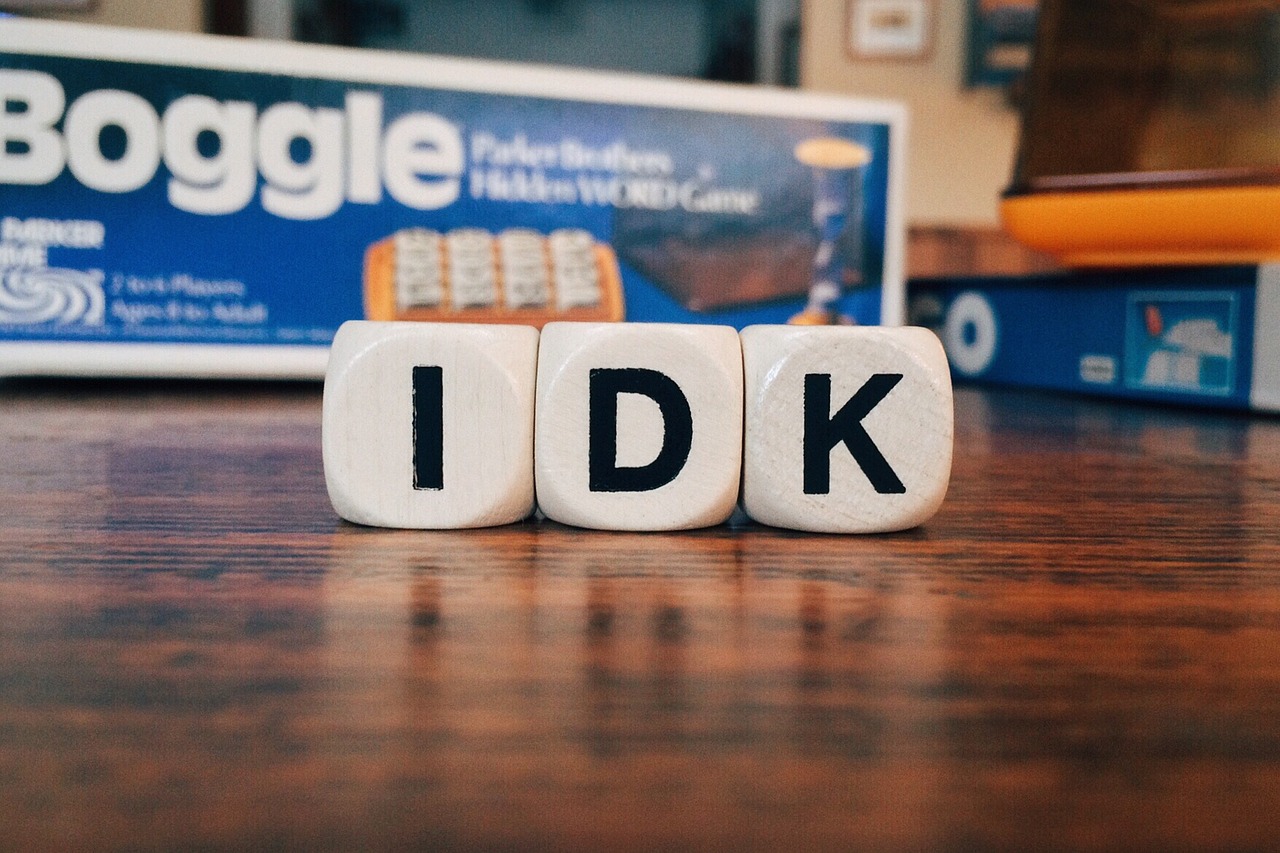
Strategies for Mindful Sharing
In the fast-paced world of social media, it's easy to get swept away in the tide of constant updates and notifications. However, mindful sharing is crucial to maintaining a healthy online presence. The first step is to think before you post. Ask yourself: Is this content truly necessary? Will it add value to my followers' feeds? Reflecting on these questions can help you avoid impulsive posts that may lead to regret later. Just like a chef tastes their dish before serving, you should evaluate your content before hitting that share button.
Another essential strategy is to utilize privacy settings effectively. Most social media platforms offer a range of privacy options that allow you to control who sees your posts. Familiarizing yourself with these settings can safeguard your personal information and help maintain a sense of security. For instance, consider using the following privacy settings:
| Platform | Privacy Feature | Description |
|---|---|---|
| Friends Only | Share posts only with your friends, keeping them private from the public. | |
| Private Account | Only approved followers can see your posts and stories. | |
| Protected Tweets | Only your approved followers can see your tweets. |
Moreover, consider curating your feed. Social media can be a double-edged sword; while it connects us, it can also expose us to negativity and unrealistic standards. By selectively following accounts that inspire and uplift you, you can create a more positive online environment. This approach not only enhances your experience but also mitigates the adverse effects of social comparison.
Lastly, setting personal boundaries is paramount. Decide what aspects of your life you are comfortable sharing and what should remain private. This could mean refraining from posting about certain personal relationships or sensitive topics that may invite unwanted attention. Just like a garden needs boundaries to flourish, so does your online presence. Establishing these limits will help protect your mental health and create a more fulfilling social media experience.
In conclusion, implementing these strategies for mindful sharing can transform your social media interactions from a chaotic stream of updates into a curated experience that reflects your values and well-being. Remember, social media should serve you, not the other way around!
- What is mindful sharing? Mindful sharing involves being intentional about what you post on social media, considering the impact of your content on yourself and others.
- How can I protect my privacy on social media? Utilize privacy settings on your accounts, be selective about what you share, and regularly review your friend list and followers.
- Why is it important to set boundaries on social media? Setting boundaries helps protect your mental health and personal information, ensuring that your online presence aligns with your comfort levels.
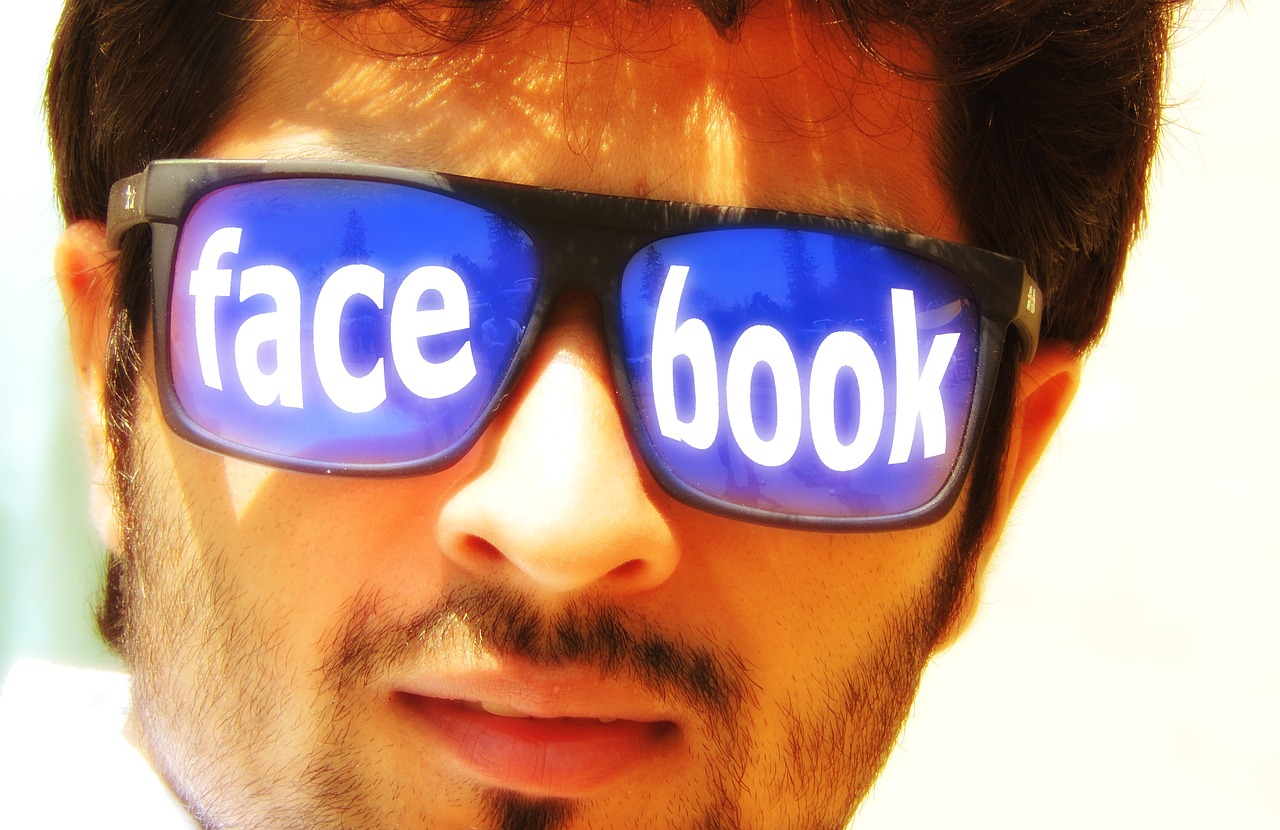
Think Before You Post
In the fast-paced world of social media, where a single click can send your thoughts and images spiraling into the digital ether, it's crucial to pause and ponder before hitting that 'share' button. Have you ever considered the ripple effect of your posts? Just like tossing a stone into a pond, your words and images can create waves that reach further than you might expect. So, what should you think about before posting?
First and foremost, consider the content itself. Is it something that truly adds value to your followers' feeds, or is it just noise? Ask yourself: "Will this post inspire, educate, or entertain?" If the answer is no, it might be time to rethink your approach. Additionally, reflect on the context in which you're sharing your thoughts. Social media is a public space, and what might seem harmless to you could be interpreted differently by others. For instance, sharing a personal struggle can foster connection, but it can also leave you vulnerable to judgment.
Moreover, think about your audience. Who are you sharing this post with? Understanding your audience's perspectives can help you tailor your content appropriately. You wouldn’t tell an inside joke to someone who wasn’t in on it, right? Similarly, consider the potential impact on your relationships. Will this post strengthen your connections, or might it alienate someone?
Another important aspect is the long-term consequences. Social media posts can be permanent, even if you delete them later. A moment of anger or frustration can lead to a post that you might regret. It’s essential to ask yourself if you’re comfortable with this content being associated with you in the future. Think about how it might affect your personal or professional life down the line. In today’s world, employers often check social media profiles before making hiring decisions. Is that post worth jeopardizing your career?
Lastly, consider your emotional state before posting. Are you feeling particularly vulnerable or upset? If so, it might be wise to wait until you’ve had time to process your emotions. It’s easy to lash out online, but those moments often lead to regret. Instead, take a breath, reflect, and perhaps even write your thoughts down without sharing them. You can always come back to it later with a clearer mind.
In summary, taking a moment to think before you post can save you from a multitude of potential pitfalls. The next time you're about to share something online, remember to ask yourself these critical questions:
- Is this content valuable to my audience?
- How might this be perceived by others?
- What are the long-term implications of sharing this?
- Am I in the right emotional state to share this?
By being mindful of these factors, you can transform your social media experience into a more positive and enriching one.
- What constitutes oversharing on social media?
Oversharing can include sharing personal details, emotional struggles, or private moments that may not be appropriate for a public audience. - How can I improve my mental health while using social media?
Curate your feed by following accounts that inspire you, limit your time on these platforms, and set boundaries on what you share. - Are there specific privacy settings I should use?
Yes! Familiarize yourself with the privacy settings of each platform to control who can see your posts and personal information. - How do I know if I should share something?
Consider the impact of your post on yourself and others, and whether it adds value to your audience's experience.
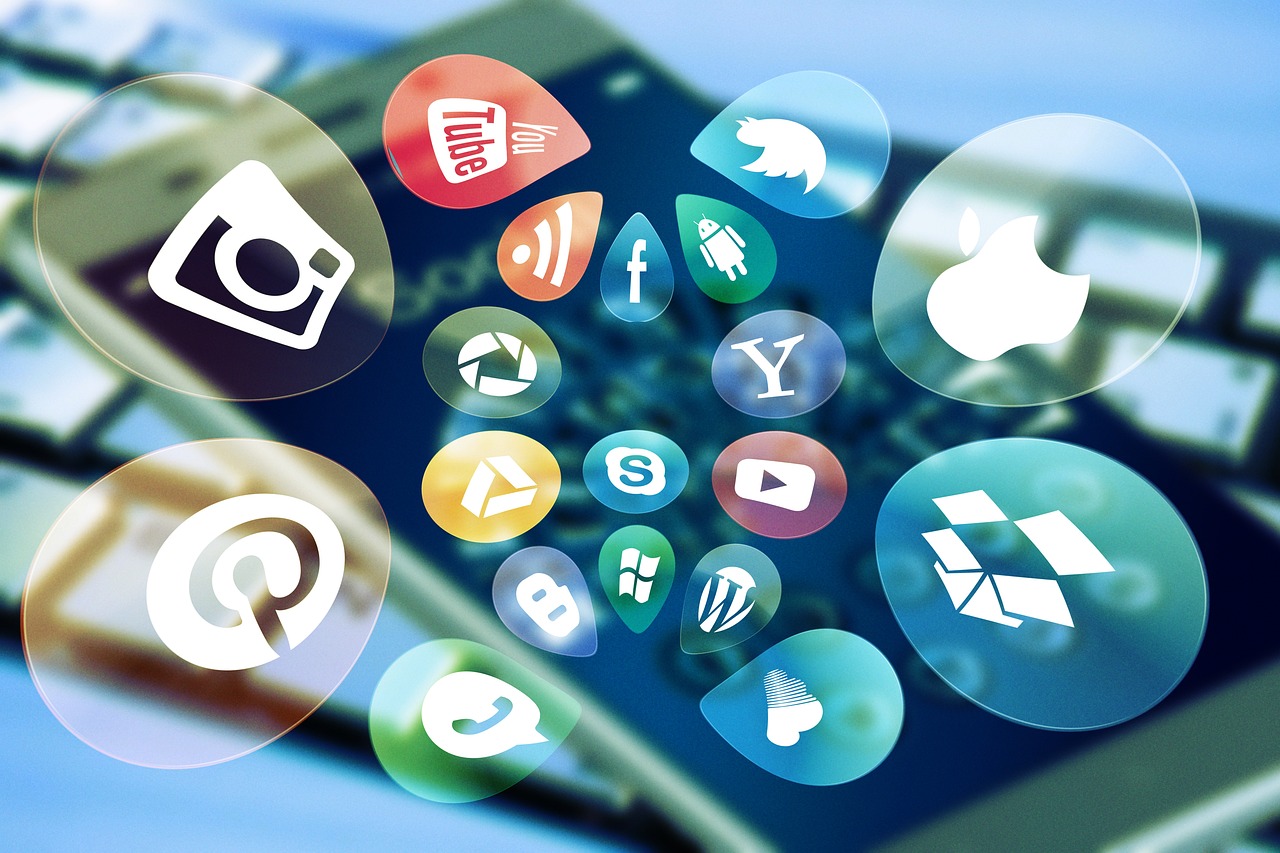
Utilizing Privacy Settings
In today's digital landscape, privacy settings are your best friend. They serve as a protective barrier between your personal life and the vast online world. Think of them as the locks on your doors; without them, anyone can waltz in and take a peek at what's inside. Many social media platforms offer a variety of privacy controls, allowing you to manage who sees your posts, who can comment, and even who can send you friend requests. It's crucial to familiarize yourself with these settings to ensure your online presence is as secure as possible.
For instance, on platforms like Facebook, you can customize your audience for each post. This means you can share a personal moment with close friends while keeping it hidden from acquaintances or colleagues. Just imagine posting a family vacation photo and having it visible only to your loved ones, while your coworkers see a more professional version of your life. This way, you maintain your privacy without sacrificing your online social interactions.
Moreover, it’s essential to regularly review your privacy settings. Social media platforms frequently update their features, sometimes changing default settings that may expose your information more than you'd like. By staying proactive, you can prevent unwanted sharing of personal details. Here’s a quick checklist to help you navigate your privacy settings:
- Check audience settings for each post.
- Review friend requests and followers regularly.
- Limit the visibility of your profile information.
- Turn off location tagging if you value your privacy.
By taking these steps, you can significantly reduce the risk of oversharing. Remember, it's not just about what you post, but also about who has access to your posts. When in doubt, it’s better to err on the side of caution. After all, once something is shared online, it can be challenging to take it back.
Q: What are privacy settings?
A: Privacy settings are controls provided by social media platforms that allow users to manage who can see their content, interact with their posts, and access their personal information.
Q: How often should I review my privacy settings?
A: It’s advisable to review your privacy settings at least once every few months, especially after any major updates to the social media platform you use.
Q: Can I customize privacy settings for individual posts?
A: Yes, many platforms allow you to customize the audience for each post, enabling you to share content with specific groups of people.
Q: What should I do if I feel uncomfortable with my privacy settings?
A: If you're unsure about your privacy settings, take some time to explore them. You can also consult the help section of the social media platform for guidance.
Frequently Asked Questions
- What is oversharing on social media?
Oversharing refers to the act of posting excessive personal information online, which can include details about your daily life, emotions, or private matters that may not be appropriate for public viewing. It’s like opening the door to your home and inviting everyone in without a second thought!
- What are the dangers of oversharing?
Oversharing can lead to several risks, including identity theft, stalking, and emotional distress. When you share too much, you might unknowingly expose yourself to people with harmful intentions, making it crucial to be mindful of what you post.
- How does oversharing impact mental health?
Research shows that excessive sharing can negatively affect mental health, leading to anxiety, depression, and feelings of inadequacy. It’s like running a marathon on a treadmill—you might feel like you’re going somewhere, but you’re really just stuck in a loop of comparison and self-doubt.
- What can I do to create a positive social media feed?
Curating a positive feed involves following accounts that inspire and uplift you. Consider unfollowing those that bring negativity or unrealistic expectations into your life. It’s all about surrounding yourself with positivity—like choosing to fill your garden with beautiful flowers instead of weeds!
- How can I set boundaries for what I share online?
Establishing personal boundaries means deciding what is comfortable for you to share and what should remain private. Before posting, ask yourself if the content is appropriate and what potential repercussions it may have. Think of it as drawing a line in the sand to protect your personal space!
- Why are privacy settings important?
Privacy settings allow you to control who sees your content, making them essential for protecting your personal information. Familiarizing yourself with these tools is like having a security system for your home—keeping unwanted visitors out and maintaining your peace of mind.
- What should I consider before posting something on social media?
Before hitting 'share,' take a moment to reflect on the potential impact of your post. Ask yourself if the content is necessary and appropriate for your audience. It’s like deciding whether to let someone into your life—make sure they’re someone who deserves to be there!

